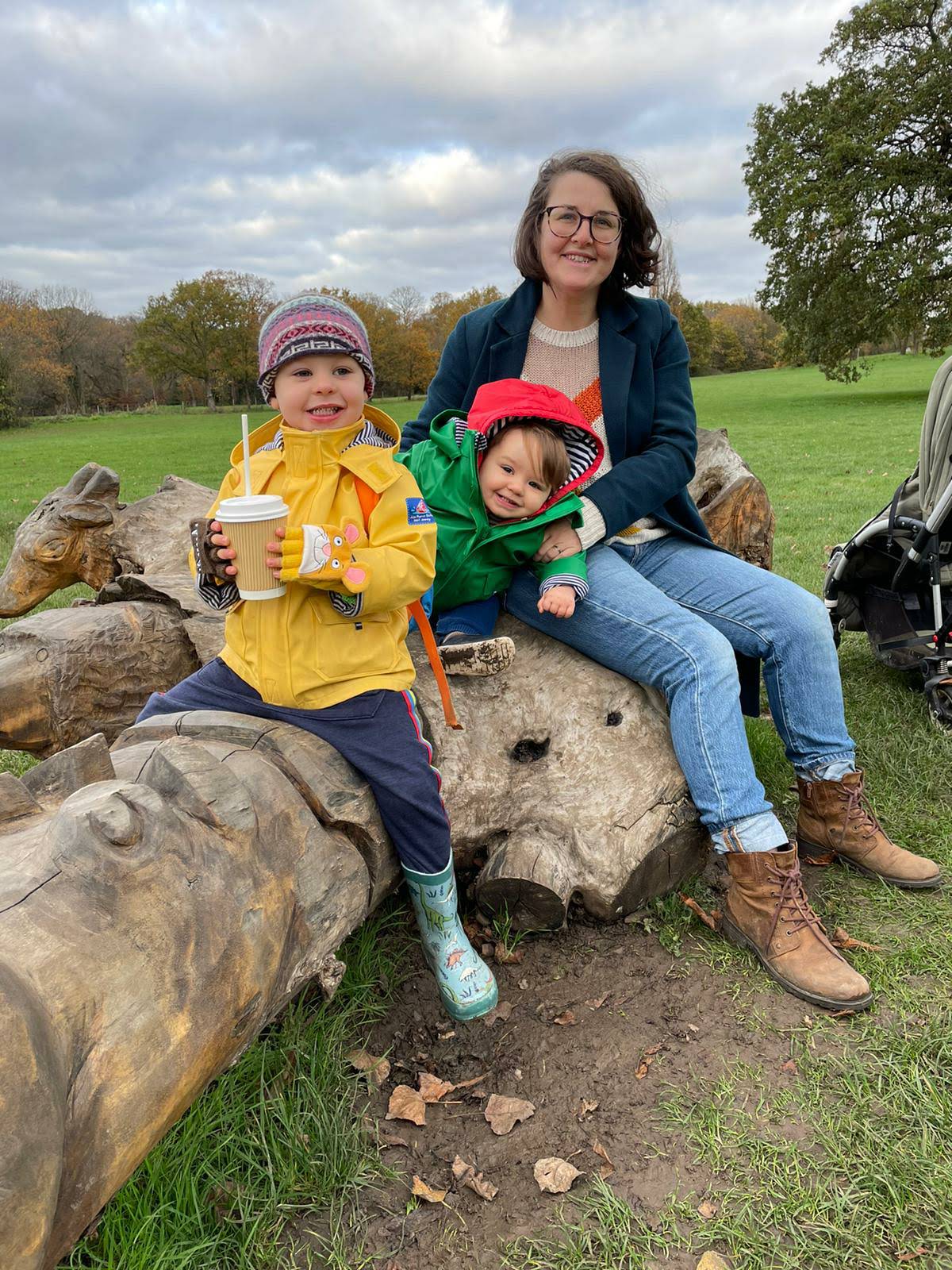Evidence needs to be critically contrasted, compared and placed within the context of already existing research.

If headlines are to be believed, a glass of wine a day can make you live longer and cut your dementia risk. That same glass of wine will also shorten your life by 30 minutes and increase your risk of Alzheimer’s.
Should you have that glass of wine, or not?
To make decisions amidst such contradicting claims and to make the evidence that scientific studies provide useful, that evidence needs to be critically contrasted, compared and placed within the context of already existing research.
This is where ‘evidence synthesis’ comes in.
News stories like the wine ones usually begin with words akin to “The latest research suggests…” While the latest research may well be sound, peer-reviewed science, a single study is typically just one part of a rich and complex field of research. In isolation, primary research papers can make for a poor, and at worst dangerous, basis for decision-making. Evidence synthesis is required to draw together all the relevant information from across a range of sources, before critically appraising it in a balanced and coherent manner.
This is particularly important in policymaking, where a robust and comprehensive evidence base is crucial for informing debates and decisions on often hotly contested topics. The policy process is best served if policymakers have access to the most complete information available and are aware of any uncertainties and assumptions underlying it. Where evidence synthesis is done badly or not at all, it can lead to biased discussions and the danger that decisions are based on opinions rather than on facts.
In the same way that the potential health benefits of wine will not be the only factor determining whether you’ll be having a glass this evening, policy decisions are also based on more than just the scientific evidence. The competing ‘lenses’ of personal and political values and the practicalities of different policy solutions mean that presenting the strength and complexity of scientific evidence in a clear and unbiased way is even more important.
Recognising the value of evidence synthesis, the Royal Society and the Academy of Medical Sciences have today published a joint report proposing a set of principles for good evidence synthesis for policy and describing changes to the research and policy landscapes to facilitate the production of high quality synthesised evidence. We have also co-written a Nature Comment launching the principles.
As for whether you should have that glass of wine this evening… that’s really up to you.
Further reading
For more information, see the joint Royal Society and Academy of Medical Sciences report and accompanying principles leaflet, the Nature Comment and Ian Boyd, the Defra Chief Scientific Advisor and Nature Comment co-author has written a nice summary blog post.
The Royal Society is committed to embedding the evidence synthesis principles across the organisation, supplementary work includes:
- The Royal Society journals have today announced that they will be accepting evidence synthesis articles in Proceedings A, and Open Science, (Proceedings B already openly accepts evidence synthesis articles) and commit to publishing all of these open access, in line with the principles. See this blog post for full details.
- To develop in-house capacity for synthesising evidence, the Royal Society will be testing the principles by conducting a three-month synthesis exercise on air quality in partnership with RAND Europe. The results of this, including reflections on the trade-offs inherent in applying the principles at speed, will be published this summer.
- Many of the research landscape themes addressed in our evidence synthesis report are considered as part of our Research Culture and Science for Public Life programmes which includes our Policy Secondment Programme for Royal Society Research Fellows.





